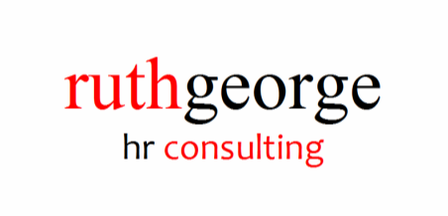Why do memories of our managers prevail when we look back on our careers? I think it's because managers have such a big influence on our experience. My first boss was definitely an inspiration – level headed and calm, she seemed to have the answer to most things and she was happy to invest in my development and allow me to gain my professional qualifications. Boss number two (at the same company) was a different kettle of fish. I was eager to progress and applied for an internal promotion at the London hub, but she passed me by and didn’t seem interested in discussing other development opportunities: I left the company...
My favourite boss of all is someone I’ll always remember. He took a chance and offered me my first managerial role. It was a crazy time for the business and I worked my socks off earning several promotions along the way. Things were so busy that we barely got a chance for catch-ups but he was always there, encouraging me – and reminding me of my development needs. We still keep in touch now and although he’s well into his retirement he’s still interested in my professional development. He’s fascinated by people, just like me.
Good bosses help make work meaningful and interesting, even in a bad company. On the flip side, you can be working for an amazing organisation, yet a bad manager could be making your work life miserable: micromanaging, blaming, and generally doing everything to hold you back. If you can find a boss that empowers you, appreciates your hard work and trusts you, then you are much more likely to stay the course. Managers that are more concerned with pushing their weight around, rather than building relationships, will ultimately stifle employee engagement which leads to low morale. For HR that means dealing with a high turnover of staff as employees will inevitably vote with their feet if you don’t address the issues.
As the saying goes: a truly Great Boss is hard to find, difficult to part with, and impossible to forget. And employees yearn for good bosses. A recent study found that 65% of employees would rather have a better boss than a salary increase. Given that we spend over half our lives at work, it’s hardly surprising that a healthy work environment where your manager looks out for you, is a happy one.
From an HR perspective, we have to realise that good managers are one of the best incentives to keeping staff happy and engaged. That means we need to spend time developing people managers that have the skills and desire to motivate and inspire their teams.
Good bosses help make work meaningful and interesting, even in a bad company. On the flip side, you can be working for an amazing organisation, yet a bad manager could be making your work life miserable: micromanaging, blaming, and generally doing everything to hold you back. If you can find a boss that empowers you, appreciates your hard work and trusts you, then you are much more likely to stay the course. Managers that are more concerned with pushing their weight around, rather than building relationships, will ultimately stifle employee engagement which leads to low morale. For HR that means dealing with a high turnover of staff as employees will inevitably vote with their feet if you don’t address the issues.
As the saying goes: a truly Great Boss is hard to find, difficult to part with, and impossible to forget. And employees yearn for good bosses. A recent study found that 65% of employees would rather have a better boss than a salary increase. Given that we spend over half our lives at work, it’s hardly surprising that a healthy work environment where your manager looks out for you, is a happy one.
From an HR perspective, we have to realise that good managers are one of the best incentives to keeping staff happy and engaged. That means we need to spend time developing people managers that have the skills and desire to motivate and inspire their teams.
